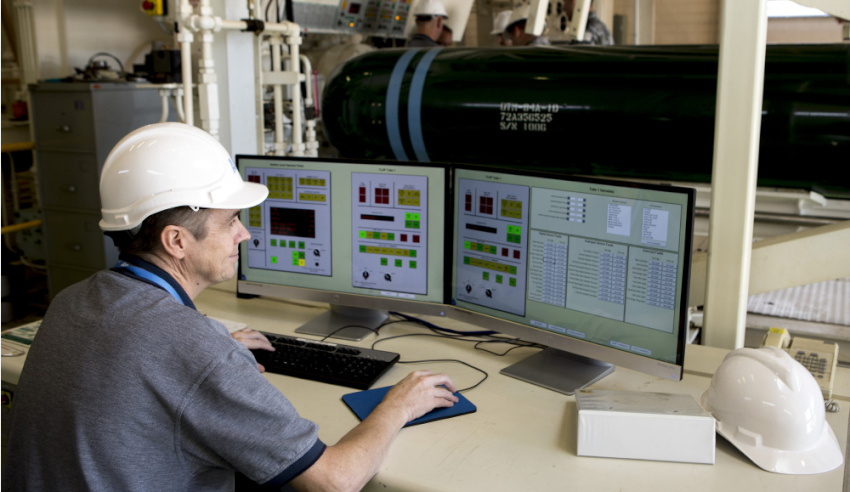The Defence sector is a demanding but interesting place in which to be employed. The requirements are exacting, the operational environment may be hostile, and the readiness rating must be excellent! At the same time national Defence budgets are strained and governments and individual tax payers want to see good financial project management and delivery on time. To consistently achieve high performance requires extensive testing and qualification where designs are proven and continue to work for several decades in many cases.
To continue reading the rest of this article, please log in.
Create free account to get unlimited news articles and more!
Obsolescence as a risk!
Obsolescence is not a new risk in these programs, but it is increasingly being recognised as something that can impact performance, delivery and lead to unexpected costs.
Proactive obsolescence when practiced thoroughly and by experienced obsolescence management practitioners can save money and avoid unnecessary expenditure if tools and processes are applied wisely. Proactive obsolescence is where designers work with the supply chain to predict and mitigate obsolescence using online tools and processes communicating throughout with vendors.
The defence sector globally has led the development of best practice and standards, and continues to do so, but other sectors have experiences that can also benefit the military user.
Sectors such as aerospace, oil and gas, nuclear and transportation, particularly railways are also very capable.
Help is at hand!
For more than 20 years, the IIOM (International Institute of Obsolescence Management) and its predecessor the Component Obsolescence Group, has held meetings and conferences where those with obsolescence issues meet with potential solution providers who can help them overcome those issues. The IIOM encourages members to actively network and to look at obsolescence in a broader way than just electronic components. For many, this is where obsolescence begins and ends, however experienced obsolescence practitioners look at electrical, electro-mechanical, consumables, materials, software, processes, skills and infrastructure to establish contract wide supportability.
IIOM has more than 240 corporate members, of whom around 40 per cent are within the defence sector as OEMs or solution providers. I will be happy to provide the names of these companies if you wish. The community of individuals within those companies’ numbers more than 700. Regular meetings are held in the UK and Germany and will soon be held in India and the US. Discussions in three other territories are also in process.
This year, IIOM has established a professional qualification for obsolescence practitioners that enables individuals to demonstrate their competence to customers and prospective employers. Courses are run in Germany and the UK. A future blog will fully explain this.
Development in Australia
In the recent past, IIOM has received enquiries from Australia and is currently exploring the possibility of establishing a local chapter as part of the global organisation.
If you would like to be part of the establishing committee or would like to be kept informed of the progress, please send me an email and I will be pleased to correspond with you.
You may also find the resources and background information on the organisation that is on our our website interesting. Please look at www.theiiom.org, we welcome your comments.
You may want to put the dates of 11-13 June 2019 in your diary as this will be the dates of the third IIOM International Conference, which will be held in London.

 Login
Login







